#GasPrices
Opinion: Blaming Rising Fuel Prices on High Temps is Dumb
With average fuel prices creeping back up, you’ve undoubtedly seen a slew of articles trying to explain why. The trend seems to be to just blame it on warm weather.
Over the past week, countless media outlets published stories about how oil refineries have had to scale back production targets to contend with exceedingly high temperatures. But is this really the keystone issue for why you’re once again contending with undesirable fuel prices?
QOTD: What Gas Prices Are You Seeing?
With Washington State dethroning California as the state with the highest gas prices, I am wondering -- what are you seeing near you?
Gas War: Russian Oil Now Under New Embargo
With the Russo-Ukrainian War ongoing, sanctions against Russia have become increasingly common. Western nations are casting a wide net in the hopes that bankrupting Russian businesses will destabilize the country and nullify its ability to wage war. The newest financial offensive is here and it’s a big one. As of December 5th, the European Union and G7 countries have decided to cap Russian oil in the hope of reducing Moscow's export revenues.
OPEC, Russia Align on Oil Production Cut
Saudi Arabia and Russia have agreed to cut oil production in a bid to drive prices higher.
Fuel Prices Are Allegedly Cooling Off
With the last several months delivering record-breaking fuel prices, as society endures what has undoubtedly been the largest spike in energy cost and inflation since the 1970s, everyone has been hoping to catch a break this summer. Some have even gotten theirs. While things are still looking exceptionally bleak in the long term, the United States appears to be enjoying a modest reprieve.
White House May Propose Gas Tax Holiday [Updated]
National fuel prices are currently averaging right around $5.00 per gallon in the United States. However, there are plenty of states with stations listing gasoline well above $6.00 per gallon with diesel being driven even higher. This has started to wreak havoc on the trucking industry, which is now seeing companies pausing shipments to renegotiate contracts, and infuriated consumers who remember a gallon of gas being $2.17 during the summer of 2020.
Earlier this year, Congress and the White House suggested suspending the federal fuel tax to alleviate the financial burden. But the notion was walked back, as prices were relatively low at the time (roughly $3.50 per gallon) and criticisms swelled that this simply exchanged one problem for another. Four months later and things are looking rather desperate, with the Biden administration revisiting the premise of pausing fuel tax to help soften the blow of record-breaking prices at the pump.
Black Market Gasoline Now Available On West Coast
Now that fuel prices are approaching levels you probably never thought you’d see in your lifetime, black-market gasoline has become a thing. Local reports coming out of Nevada are claiming that thieves have begun loading up trucks with stolen gas so they can sell it at a discount. Considering the average price per gallon now exceeds $5.50 for the region, it’s easy to see why some people might be willing to roll the dice and buy discounted fuel of an unknown origin.
But the most lucrative scheme is to transport stolen gas into California, where the prices exceed $6.30 across the state. Here, thieves can sell their ill-gotten petroleum at broader margins. But it takes a special kind of vehicle and a little planning not to blow the additional profit on the trip itself. Tankers aren’t exactly easy to come by and are hardly the least-suspicious way to haul around stolen fuel, so thieves are modifying trucks and vans that can pass as light-duty vehicles.
Gas War: Republican States Sue EPA Over Californian Standards
Last week, a group of Republican attorneys general decided to sue the Environmental Protection Agency (EPA) over its decision to reinstate the waiver allowing California to set its own limitations on exhaust gasses and zero-emission vehicle mandates that would exceed federal standards.
The agency approved the waiver after it had been eliminated as part of the Trump administration’s fuel rollback on the grounds that it would create a schism within the industry by forcing automakers to produce vehicles that catered to the Californian market at the expense of products that might be appreciated in other parts of the country. However, Joe Biden’s EPA sees things differently and has aligned itself with the California Air Resources Board (CARB) in giving the state more leeway to govern itself in regard to emissions policing.
U.S. Government Cancels Oil and Gas Leases Amid Record Fuel Prices
Despite the United States confronting some of the highest energy prices in its history, the Biden administration has canceled oil and gas lease sales in the Gulf of Mexico and Alaska’s Cook Inlet.
According to the American Automobile Association (AAA), national fuel prices are averaging out to a whopping $4.43 per gallon of regular gasoline. Diesel is much higher at $5.56 and is speculated to endure mass shortages in the coming months as reports from the Northeast have indicated there are already seeing record-low inventories. Over the past twelve months, fuel prices have risen by nearly $1.50 per gallon and most market analysts expect rates to continue moving upwards through the summer. Though they’re not all in agreement as to who should be blamed for our current predicament.
Talking Gas Prices and More on the Second TTAC Podcast
Hi there! Remember that podcast we did a few weeks back? Well, we’re back with more.
There’s also more to come.
What Is the Real Reason for High Gas Prices?
When gas prices spike, we argue.
It’s the current president’s fault. It’s the previous president’s fault. It’s about the Russian invasion of Ukraine, and on and on.
Now Yahoo! Finance columnist Rick Newman suggests that politics and war aren’t the problems, but simple economics are.
Opinion: EV Discourse Once Again Lacks Nuance
Electric vehicles have once again become a political football.
As someone who lived through the Chevrolet Volt discourse all those years ago, I’m getting a sense of déjà vu.
Gas War: EPA Reinstates California's Ability to Set Emission Limits, EV Mandates
The U.S. Environmental Protection Agency has opted to reinstate California’s ability to set tailpipe rules and zero-emission vehicle mandates that are more rigid than federal standards. After quarreling for years over the Trump administration’s decision to roll back Obama-era fueling standards deemed untenable, the Golden State now has the ability to once again make harder for its citizens by forcing them to purchase the kind of vehicles it feels they should be driving — rather than leaving it up to the individual that’s actually buying the car.
Though it might not matter at this point. While California effectively served as a defensive shield against proposed fueling rollbacks while Trump was in office, the Biden administration strategy is broadly in line with its agenda of making gasoline unappetizing to consumers to ensure a speedy transition to electric vehicles. California doesn’t even want people to have access to gas-powered lawn care equipment. The state has effectively served as a test case for Build Back Better since before the phrase passed through the lips of a single politician.
Alright, Let's Talk About Fuel Prices and How We Got Here
Fuel prices have, like most other things, become totally ridiculous. In the United States, the average rate for a gallon of gasoline has eclipsed $4.00 for the first time in a decade. Though what’s probably the most alarming is how quickly it happened. Plenty of Americans could still find fuel for under $2.00 a gallon in April of 2020, meaning we’ve seen prices effectively double within two years in the United States. Meanwhile, European nations more accustomed to lofty fuel bills have been sounding the warning bells (especially in regard to diesel) for months.
Despite the issue existing long before Russia invaded Ukraine, the war has become the de facto explanation among politicians for why you had to swap to less-fancy dog food and off-brand soda to keep the truck gassed up. This is also influencing the government’s response to how to handle the present fuel crisis, which looks as if it’ll be getting worse before it gets better. But let’s take a look at how we got here before we dive into what’s being done (or not done) about it.
Rising Fuel Prices Have Upended the Economy
Unless you’ve spent the last twelve months locked inside your home, then you’re probably dreading the next trip to the gas station. The average price for a gallon of 87 octanes has reached $3.40 in the United States. That’s about 50 percent steeper than it was at the start of 2021 and undoubtedly more than you’re wanting to shell out today. Though one cannot ignore the dizzying rates being advertised outside of British “petroleum parlors” or France’s many “un bordel pour voitures.” Canadians are also forced to endure higher gasoline prices, as the government tends to stack the taxes a little higher and the U.S. dollar tends to be more valuable. At least for now.
All you need to know for the purposes of this article is that fuel prices are up and it’s influencing the economy in some pretty dramatic ways.


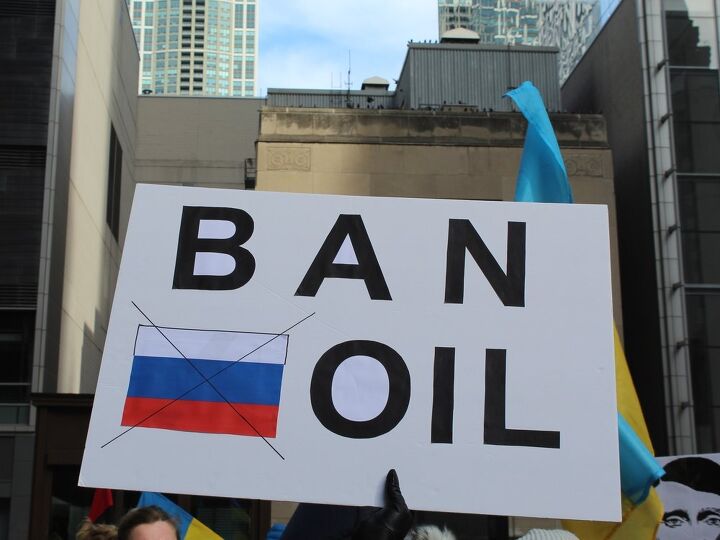
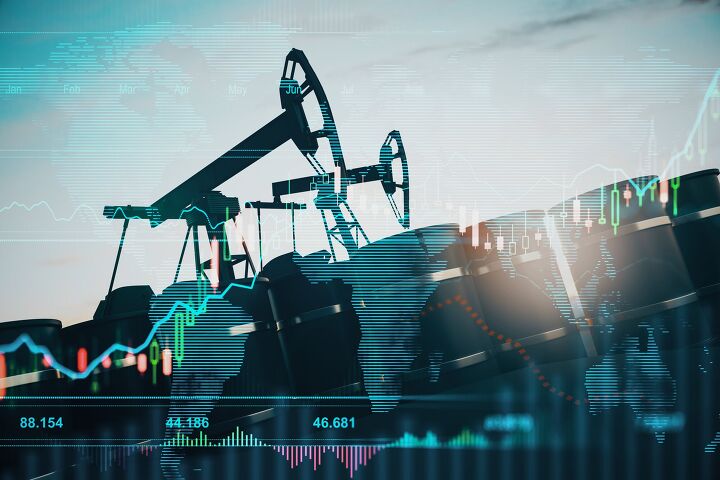
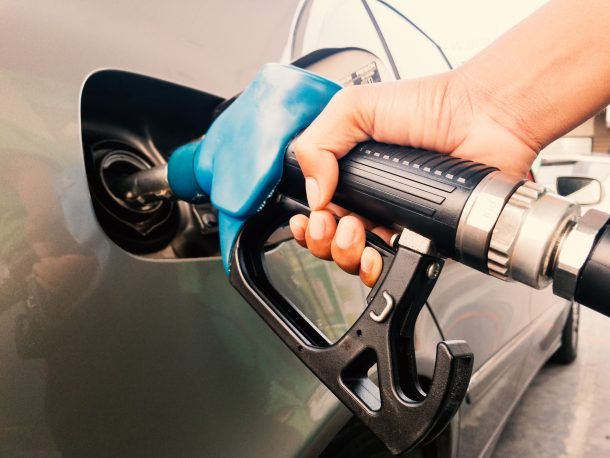
![White House May Propose Gas Tax Holiday [Updated]](https://cdn-fastly.thetruthaboutcars.com/media/2022/07/10/8870350/white-house-may-propose-gas-tax-holiday-updated.jpg?size=720x845&nocrop=1)
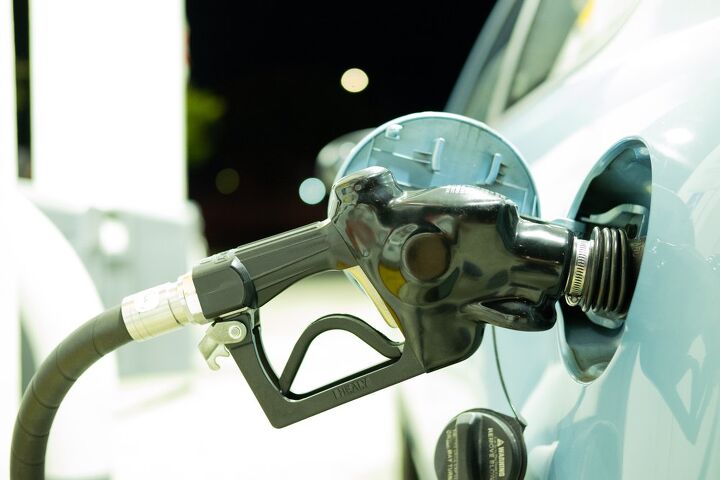

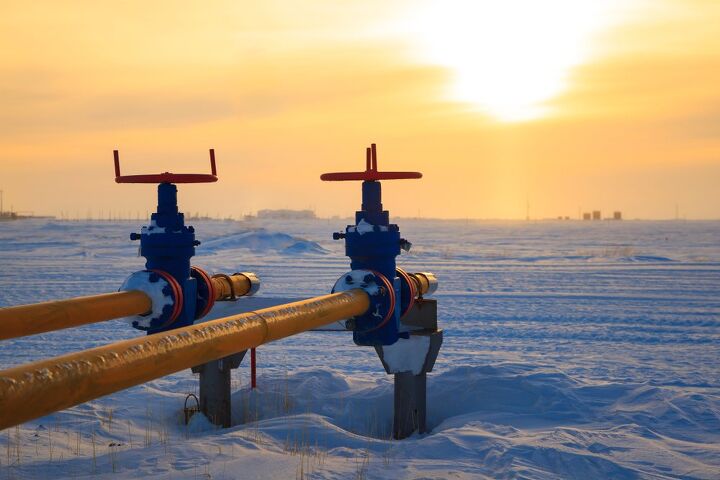




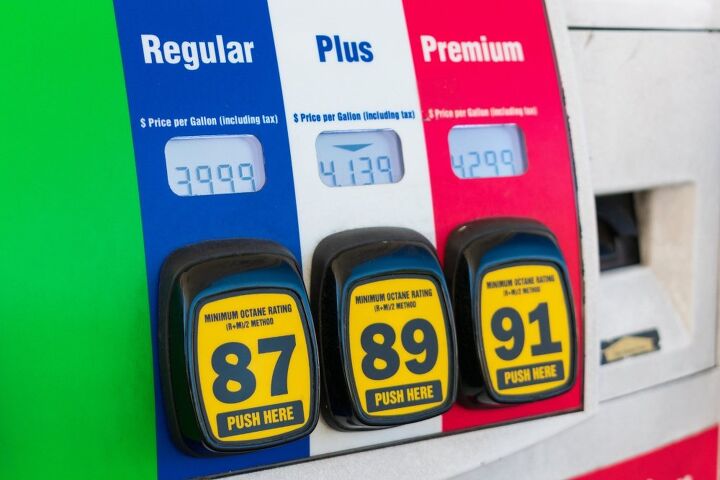












Recent Comments